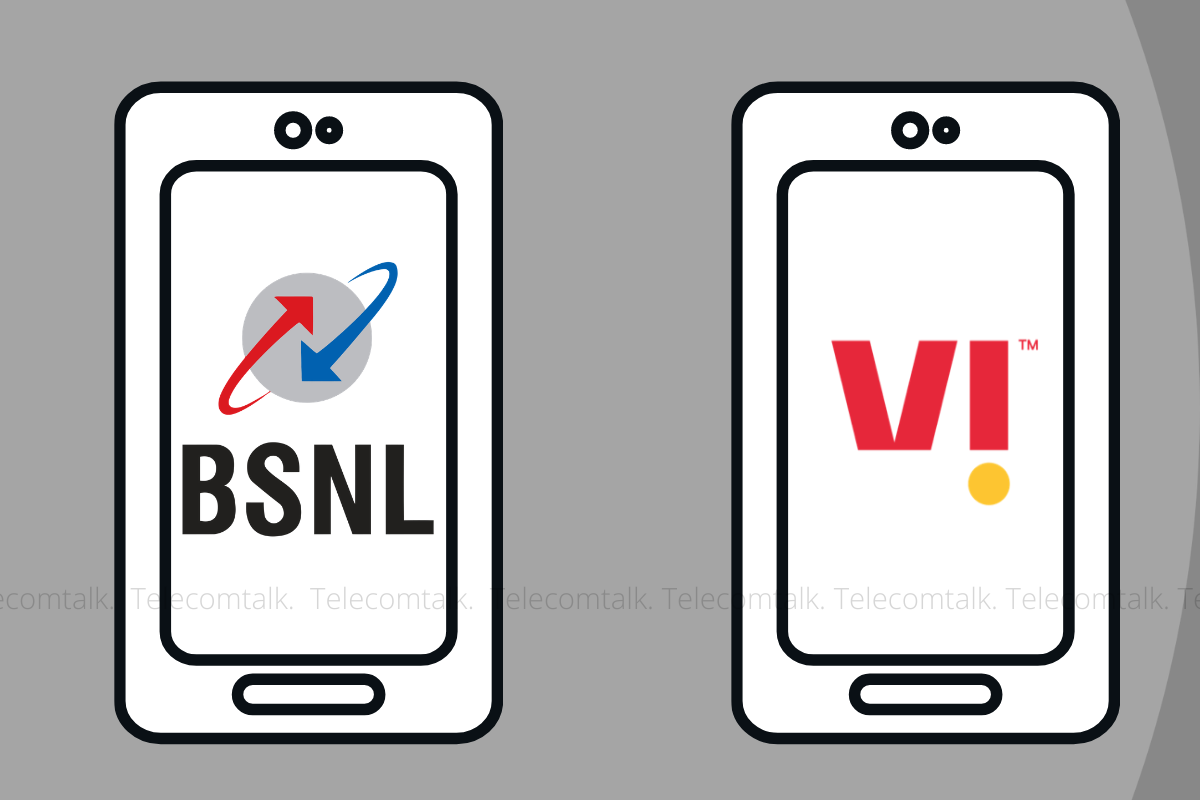Vodafone Idea (Vi) and Bharat Sanchar Nigam Limited (BSNL) are likely going to struggle for the next few years to revive their business. But what happens after these few years have passed? Will there be an absolute revival, or will these companies continue to struggle? Well, no one can predict the absolute future, but one can take a calculated estimate. How can Vodafone Idea and BSNL turn things around? The answer is simple - higher ARPU (average revenue per user), lower subscriber churn rate, and funding from external investors (for Vi) along with adding new subscribers in both the mobile and fixed-line broadband segment. For me, it’s easy to sit here and write that if the above-mentioned things go right for Vi and BSNL, their business will make a U-turn to success. But in reality, things are more complex and harder.
Relief Package Only Helped Vodafone Idea Survive; the Company Needs More to Thrive
Let’s just take the example of Vodafone Idea. Before September 2021, many were of the view that Vi would shut down eventually as the company was not making any profits, nor was it adding any new subscribers. There were just losses, and the company had failed to raise capital from outside sources. At this point, the government stepped in and said, hey, telcos, here’s a relief package for you. The centre solved one of the biggest concerns for Vi, as is for any other struggling business - the liquidity issue. With the relief package, the telcos were given an option to defer the adjusted gross revenue (AGR) dues as well as Spectrum Usage Charges (SUC) for up to four years. As expected, Vi opted for the deferment. In addition, Vi opted to convert its interest dues into equity for the government (which hasn’t happened yet). A year down the line since the relief package was announced, Vi is still not doing great. Its performance is still the same - losing active customers, no funds for rapid growth, but one thing has changed. The fear of company shutting down has gone. The relief package ensured that the company doesn’t go out of business in the foreseeable future. It also reflected on the intent of the government to not let India’s telecom sector become a duopoly. This means, as long as there’s no other private telecom player in the scene, regardless of how bad Vi is performing, it is most likely going to stay alive because the government won’t let it die (I could be so wrong in the long-run for saying this). A duopoly is not good for the customers or the sector. But does it mean that Vi would keep on struggling forever to make ends meet? It very well could be the case or things could really change for the better. Looking at the current conditions of the telco and what has happened over the last few years and where the sector is going towards, it would really take a miracle for Vi to turn things around in the short-term. But in the long-run, if the company can get funds and show a positive performance, things can change forever for the good. The same goes for BSNL. No amount of relief packages can save the company until and unless it starts performing. The core fundamentals of the business need to be strong for a positive future.
